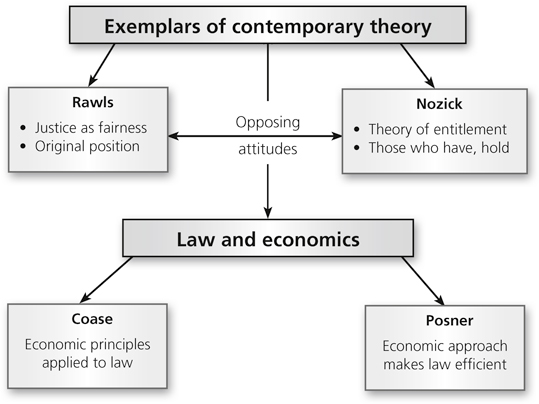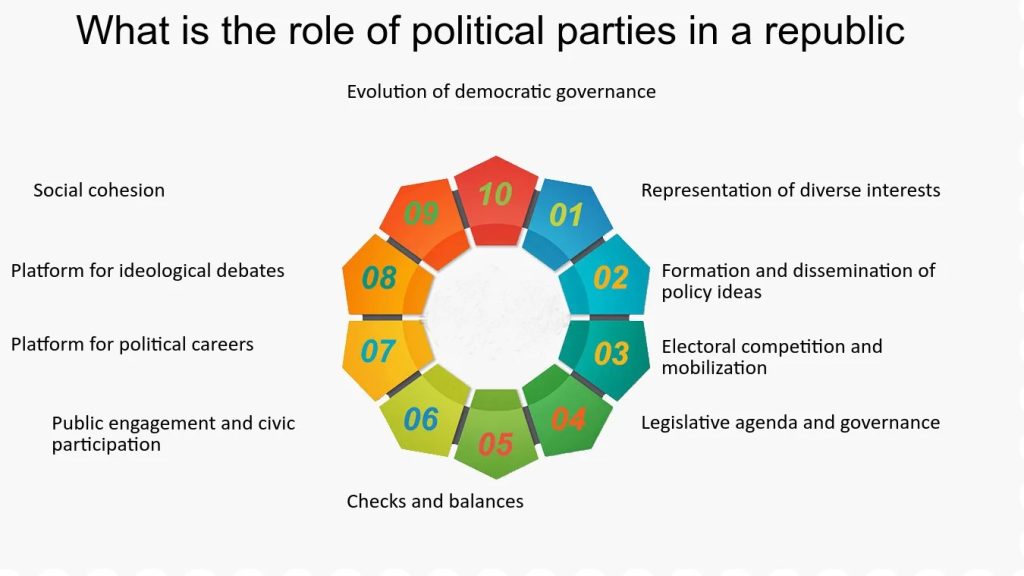Within the rich fabric of political philosophy, modern political theory is a dynamic field that is ever-evolving to meet the multifaceted problems of current society. The journal Contemporary Political Theory is at the vanguard of this intellectual project, providing a forum for practitioners, researchers, and academics to participate in critical discussion, analysis, and debate of current political issues. In this piece, we explore the fundamentals of modern political theory, looking at its ideas, new directions, and the vital role journals play in promoting academic research and discourse in the field.
Comprehending Modern Political Theory
A wide range of viewpoints, techniques, and strategies are included in contemporary political theory, which aims to comprehend and critically engage with the political dynamics of the modern day. Contemporary political theory addresses urgent topics including globalization, multiculturalism, environmental sustainability, human rights, and social justice, in contrast to classical political theory, which frequently concentrates on canonical texts and historical contexts. It aims to clarify the intricacies of the governance frameworks, power dynamics, and sociopolitical changes influencing the modern world.

Themes Of Interest In Modern Political Theory
Diversity and Pluralism Modern political theory recognizes the diversity of viewpoints, identities, and values present in contemporary society. It addresses issues of intersectionality, multiculturalism, and identity politics, emphasizing the role that diversity plays in influencing political debate and decision-making.
Globalization And Transnationalism
Modern political theory addresses the potential and problems brought forth by economic integration, transnational governance, and globalization in a more interconnected globe. It looks at topics like cosmopolitanism, global justice, and how global capitalism affects regional landscapes and communities.
Democratic Theory
The study of democracy and its changing forms in various political circumstances is essential to modern political theory. In an era of political polarization and mistrust, it examines issues of democratic participation, discourse, representation, and accountability to strengthen democratic practices and institutions.
Critical Theory And Poststructuralism
Modern political theory analyzes power relations, dominance discourses, and oppressive systems by drawing on critical theory and poststructuralist viewpoints. It challenges hegemonic narratives and promotes social change and emancipation by examining the relationship between power, knowledge, and identity.
Explore More Perspectives and Theories in Political Philosophy
Journals’ Contribution To The Development of Modern Political Theory
Academic publications allow the interchange of ideas, insights, and arguments at the core of scholarly investigation in current political theory. Within the area, the Journal of Contemporary Political Theory plays a crucial role in distributing innovative theories, cutting-edge research, and interdisciplinary viewpoints. Journals promote critical thought, discussion, and the advancement of knowledge in modern political theory through peer-reviewed articles, book reviews, and critical commentary.
Journals Of Contemporary Political Theory Serve The Following Purposes
Disseminating innovative research that advances the field’s theoretical discussions, empirical investigations, and methodological advancements. Journals help fresh ideas and insights circulate throughout the discipline by making scholarly work accessible to a wide range of academics, students, policymakers, and practitioners.
Interprofessional Exchange
Journals of contemporary political theory offer a forum for interprofessional discussion and cooperation, uniting academics from many fields such as political science, philosophy, sociology, law, and cultural studies. This multidisciplinary dialogue stimulates novel methods of comprehending modern political processes, broadens theoretical vistas, and allows ideas to cross-pollinate.
Critical Engagement
Journals of contemporary political theory promote critical interaction with the theories, ideologies, and paradigms that are now in vogue. They maintain the highest academic standards and intellectual rigour through stringent peer review procedures and editorial supervision, which promotes a climate of constructive criticism and reflexivity within the field.
Encouragement Of Variety And Inclusivity
Journals of contemporary political theory work hard to encourage variety, inclusiveness, and a range of opinions within the discipline. They actively seek contributions from academics with different experiences, viewpoints, and approaches to broaden the field of political theory studies and enhance the conversation.

New Developments And Prospects
Several new developments and potential paths are influencing the course of modern political theory as it develops:
Global Challenges
Academics studying modern political theory are paying more attention to issues like migration, climate change, inequality, and technological disruption. They aim to create conceptual models and policy approaches that go beyond national borders to promote international collaboration and solidarity.
Digital Politics
New avenues for political activism, involvement, and governance have been made possible by the widespread use of digital technologies and social media platforms. The consequences of digital politics for democracy, citizenship, and power dynamics in the digital era are examined by contemporary political theory.
Environmental Ethics
Contemporary political philosophy addresses issues of environmental ethics, eco-justice, and the rights of nature in light of the growing concerns over ecological sustainability and environmental deterioration. Academics support ecological political strategies that put planetary health and environmental stewardship first.
Postcolonial Views
In modern political theory, postcolonial theory and decolonial methods are becoming more and more prominent. They challenge Eurocentric narratives and give voice to the experiences and viewpoints of underprivileged populations in the Global South. In postcolonial environments, academics examine the legacy of colonialism as well as power structures and resistance mechanisms.
In summary, Fostering Innovative thinking And Dialogue
To sum up, modern political theory is a dynamic and thought-provoking topic that addresses the intricacies of the contemporary world. Contemporary political theorists work to address urgent issues facing modern societies and advance our understanding of political events through interdisciplinary inquiry, critical reflection, and involved scholarship. Periodicals like Contemporary Political Theory are essential for stimulating scholarly discourse, encouraging creativity, and expanding the body of knowledge in the area. In an ever-evolving world, contemporary political theory continues to develop, adapt, and alter our understanding of politics by valuing diversity, inclusivity, and critical engagement.










